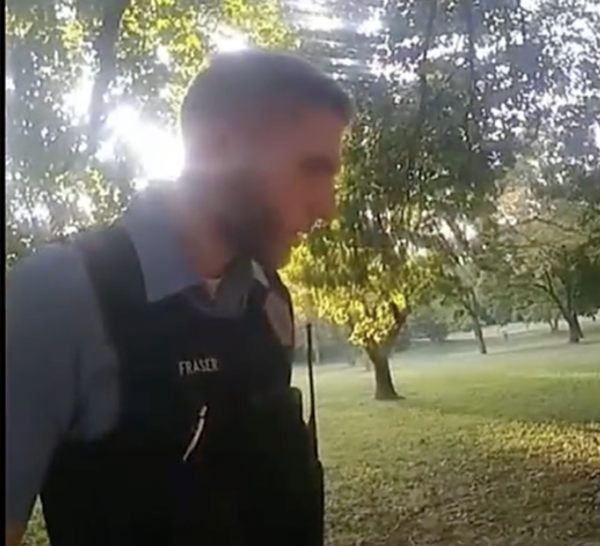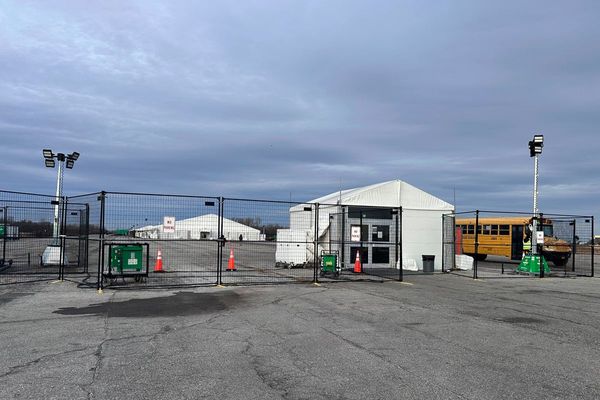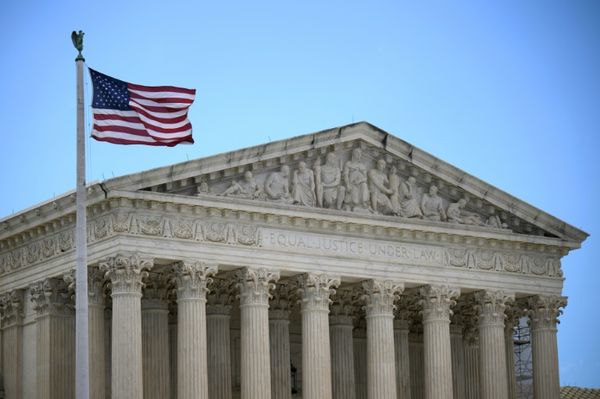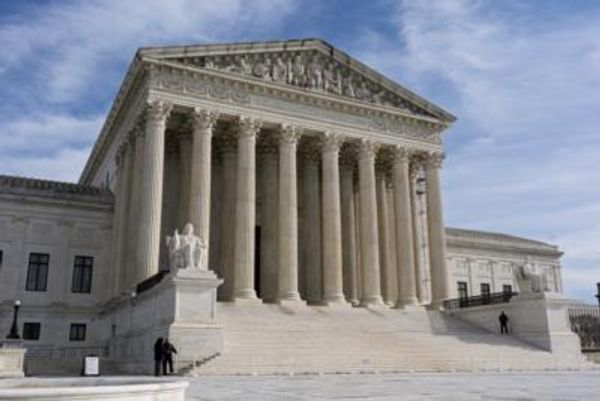
It’s difficult to ignore the intensely political dimension that now characterises prominent defamation cases in Australia.
Bruce Lehrmann’s defamation action against the Ten Network and Lisa Wilkinson is steeped in politics, not merely because of the setting of Lehrmann’s alleged and strongly denied rape of Brittany Higgins, but the extensive campaign that has been run against Higgins by the Coalition and News Corp over the past two years, conspiracy theories about Higgins and Labor, and the involvement of the Seven Network, controlled by Liberal-aligned billionaire Kerry Stokes, in providing Lehrmann with a media platform and a generous payment of living expenses.
Not to mention that Liberal Senator Linda Reynolds, who famously described Higgins as a “lying cow”, is suing Higgins and her partner for defamation. Opposition Leader Peter Dutton also sued Shane Bazzi for a tweet calling him a “rape apologist” over Dutton’s comments about the veracity of rape allegations of women detained on Nauru and in the context of Dutton’s initial comments about the alleged rape of Higgins.
Stokes, of course, has been fighting his own court battles in relation to his strong support for alleged war criminal Ben Roberts-Smith, whose defamation action against three newspapers failed at trial (he is appealing). Supporters of Roberts-Smith have made death threats against one of the journalists involved, Nick McKenzie, as part of a broader pushback against revelations that Australian soldiers committed an array of war crimes in Afghanistan.
Other prominent recent defamation cases involved Liberal attorney-general Christian Porter attempting to sue the ABC in relation to historical sexual assault allegations — like Lehrmann, Porter was not named in the media report at issue — before settling the case. Porter had to be removed from his portfolio while the case was underway.
Former commando Heston Russell had better luck, successfully suing the ABC in relation to allegations he murdered a prisoner, winning $400,000. Former NSW Nationals leader John Barilaro sued Jordan Shanks. Former Liberal MP Andrew Laming obtained a slew of apologies from journalists and politicians, and an apology and damages from Nine in relation to allegations of unsavoury behaviour.
And this week right-wing Victorian Liberal MP Moira Deeming finally sued not the media but Liberal state leader John Pesutto for defamation, claiming Pesutto suggested she was a neo-Nazi and sympathised with white supremacists.
Defamation suits aren’t by any means confined to conservative politicians — Bob Hawke joked about how defamation payouts funded a tennis court and swimming pool at his home. Politicians have long used Australia’s defamation laws to fend off media scrutiny.
But a look at the list of issues that has led to the recent spate of defamation litigation shows the extent to which the culture wars are now the battleground between lawyers: allegations of misconduct by politicians and political staffers toward women; allegations of war crimes by Australian soldiers; links between right-wing politicians and far-right extremists. All hot-button culture war issues in which the right-wingers portray themselves as victims of left-wing agendas and argue for the need to fight back and defeat progressive and the “woke”.
Crikey had its own experience with Lachlan Murdoch, a strong supporter of free speech and a free press who objected to our coverage of the connection between Fox News and the January 6, 2021, insurrection in Washington — another red-hot culture war issue in the US — before abandoning his defamation case.
And it’s impossible to see the treatment of Higgins — subjected to three days of cross-examination by Lehrmann’s barrister, the same barrister who represented Lehrmann in the failed sexual assault trial — out of the context of two powerful media companies attacking her and supporting Lehrmann over much of the past two years in what has been the biggest culture war issue in Australia.
The irony of the culture wars providing the battleground for defamation battles is that it is not the “woke” who are using defamation laws to pursue others for their statements. Instead, it is right-wing politicians who seem to be easily “triggered” and who are resorting to the courts to seek legal remedy when they have the power of a parliamentary position to hit back at any criticism.
While the right might pose as hardened defenders of free speech who laugh at the thin skins of those who need trigger warnings just to walk down the street, they’re the ones who are more likely to take the remarks of others and seek compensation for them in court, where “cancellation” comes with the possibility of hundreds of thousands of dollars in damages and millions in legal costs.







